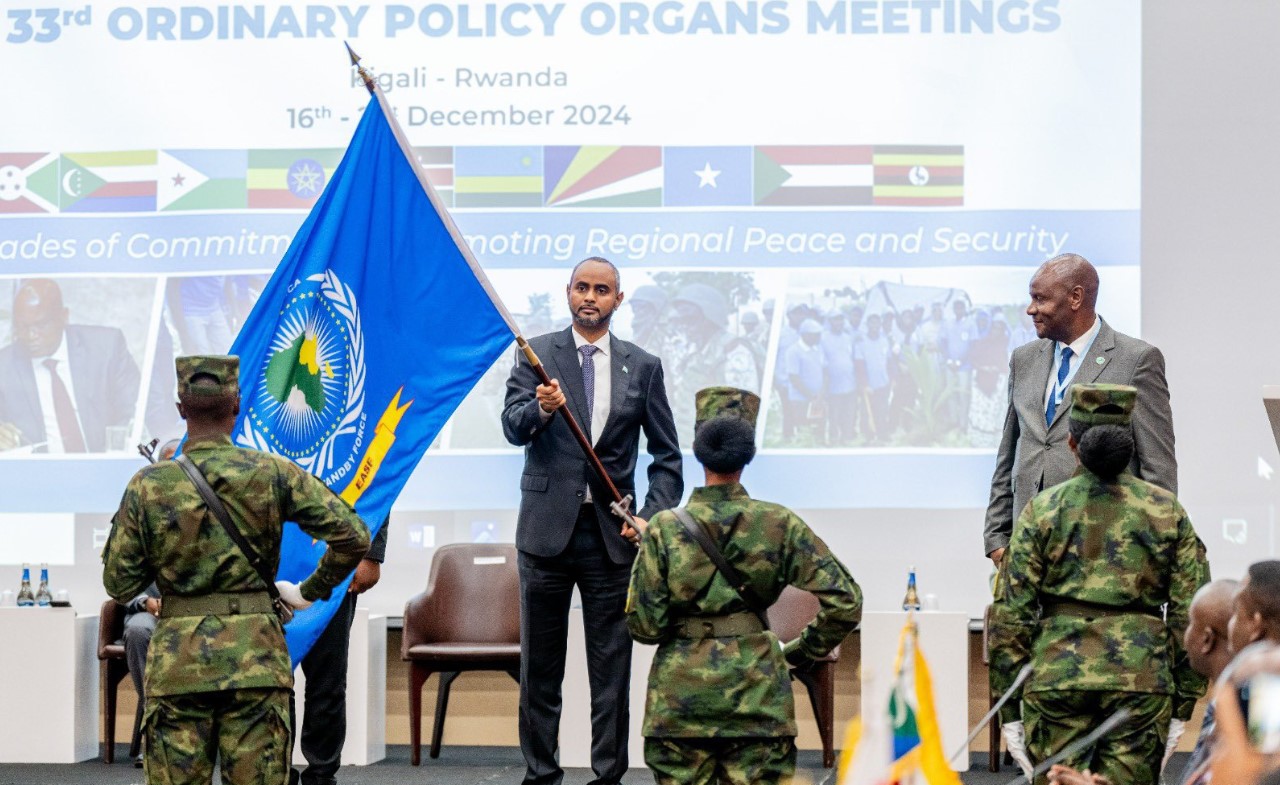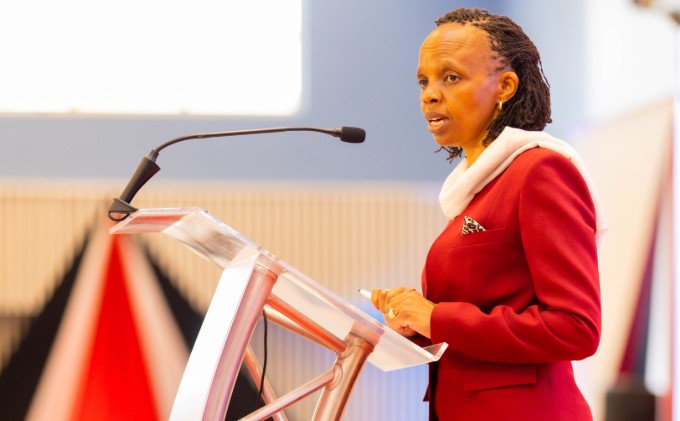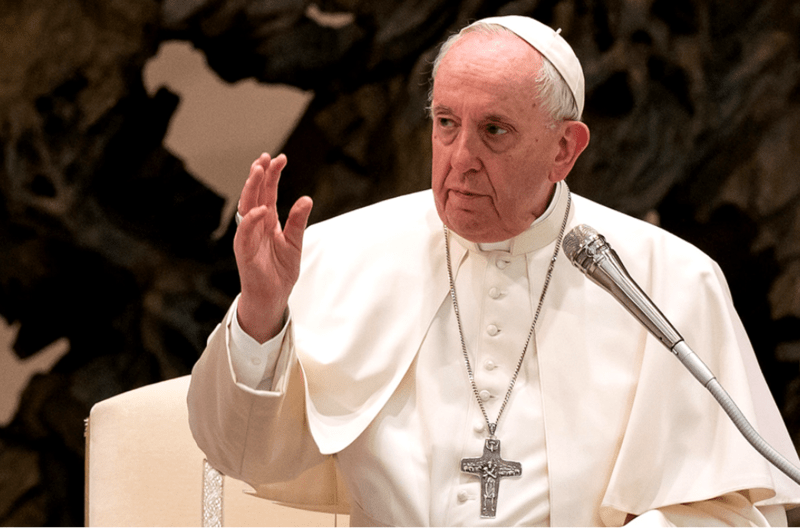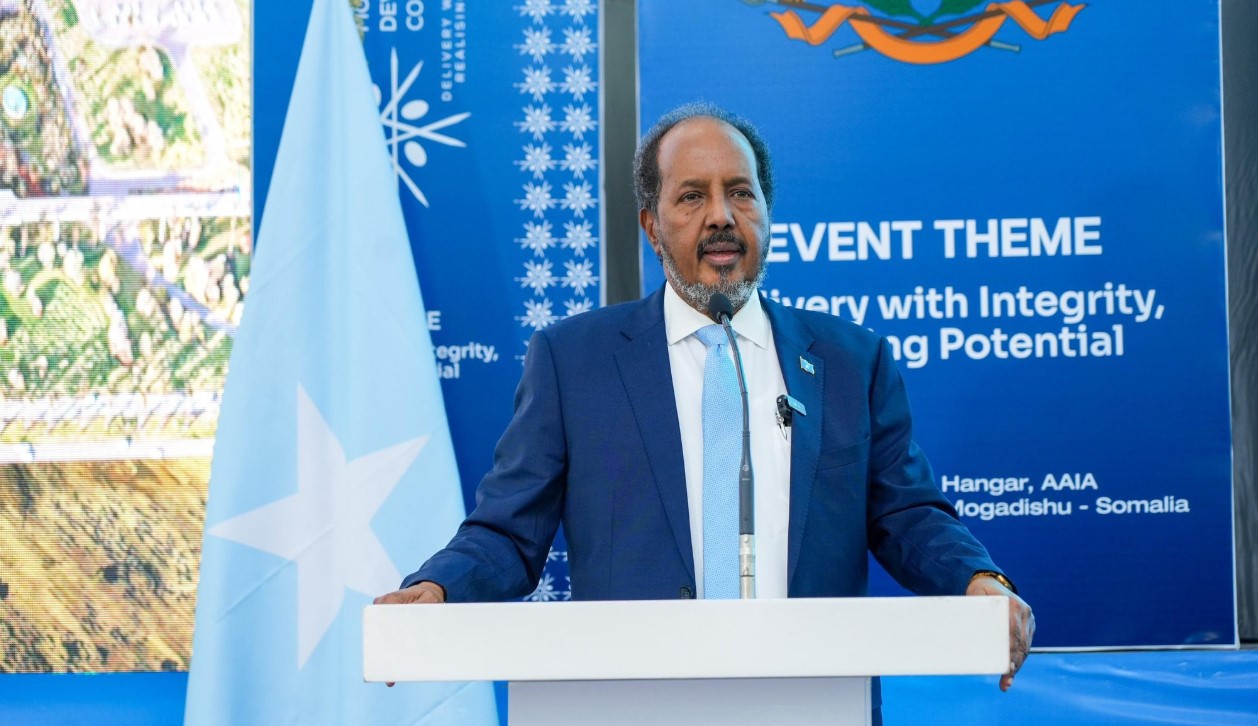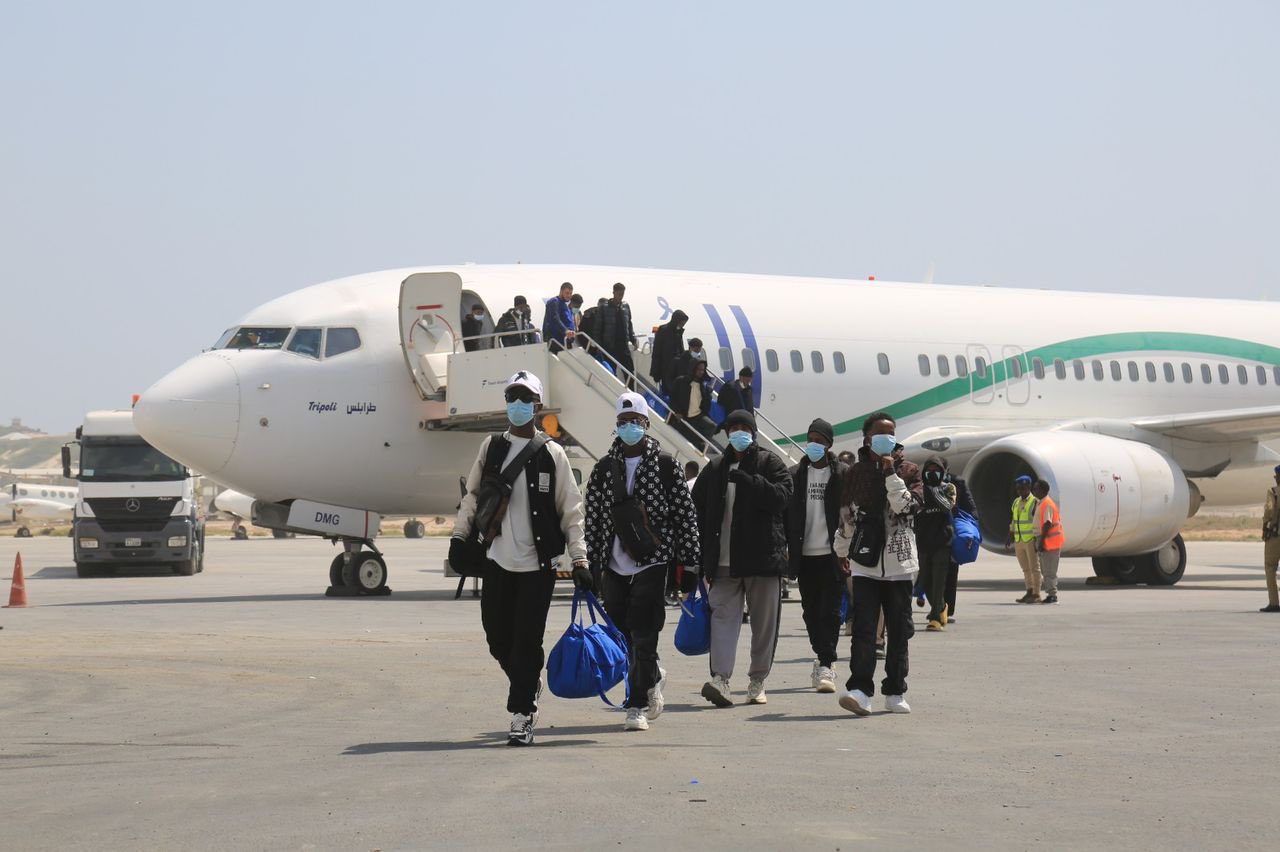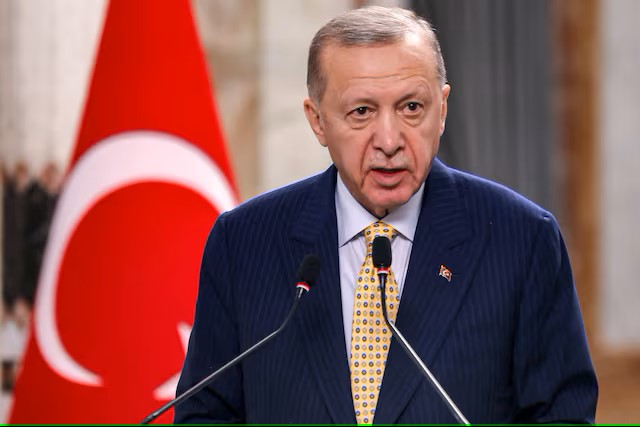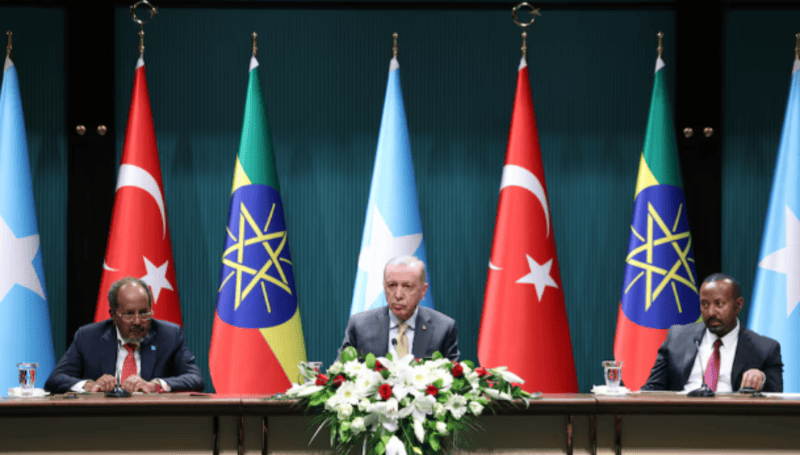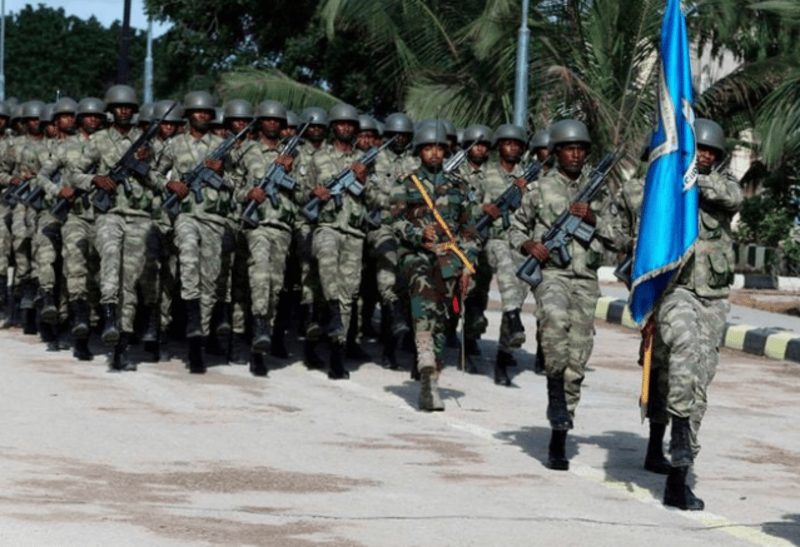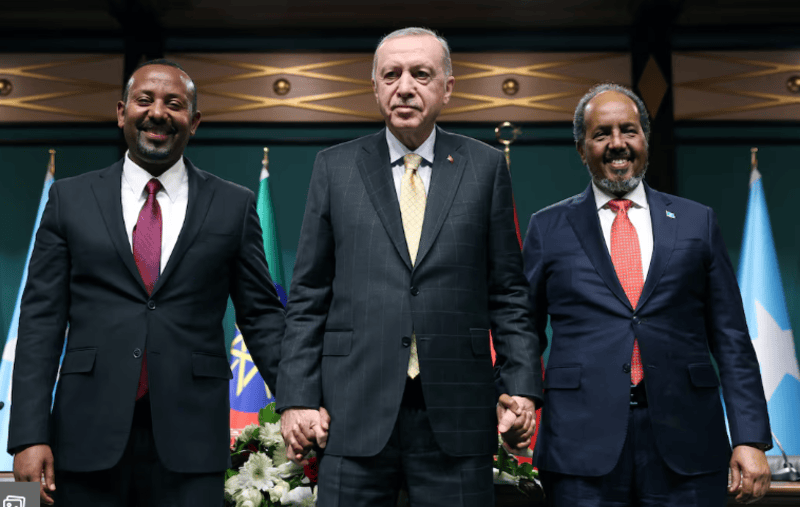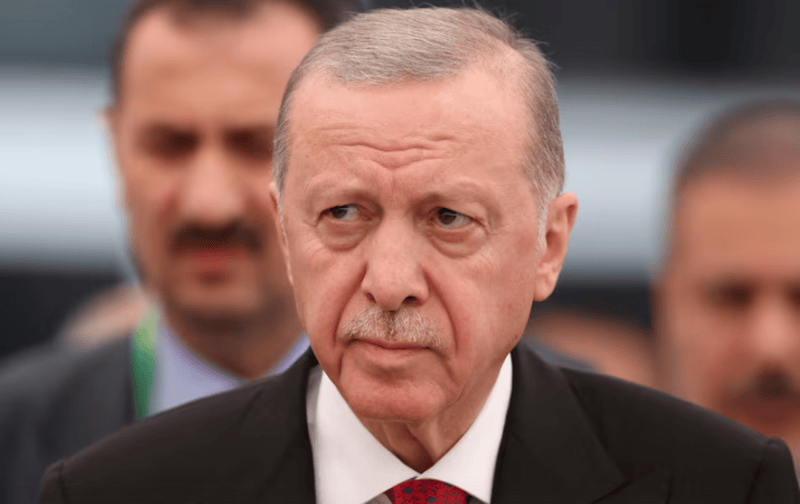Somalia denounces Ethiopia-Somaliland deal, vows defence of sovereignty
By Gelle Dheere |
The Somali government has characterised Ethiopia's actions as a "blatant aggression" that infringes upon Somalia's sovereignty and territorial integrity.
In the wake of an extraordinary Cabinet meeting led by Prime Minister Hamza Abdi Barre, Somalia vehemently rejects Ethiopia's surprise Memorandum of Understanding with Somaliland.
Somalia was reacting to Ethiopia’s surprise announcement yesterday, revealing an agreement with the breakaway Somaliland administration that is poised to reshape regional dynamics.
Keep reading
- French President Macron backs Ethiopia's debt restructuring efforts
- Somalia takes over leadership of East African Standby Force from Rwanda
- Ethiopia’s Grand Mufti calls for peaceful coexistence to combat violent extremism
- Somalia and Tanzania sign landmark agreements to strengthen bilateral relations
The deal, signed in Addis Ababa by Prime Minister Abiy Ahmed Ali and Somaliland leader Muse Bihi Abdi, is touted as a crucial step toward fulfilling Ethiopia's longstanding ambition to secure access to the sea and to have a seaport of its own in the Red Sea.
During a subsequent press conference, Muse with Abiy sitting by his side boldly declared, "We are pleased to announce, and want to express gratitude to the prime minister and Ethiopia. According to our agreement, we will grant 20km of sea access, and they will recognise us."
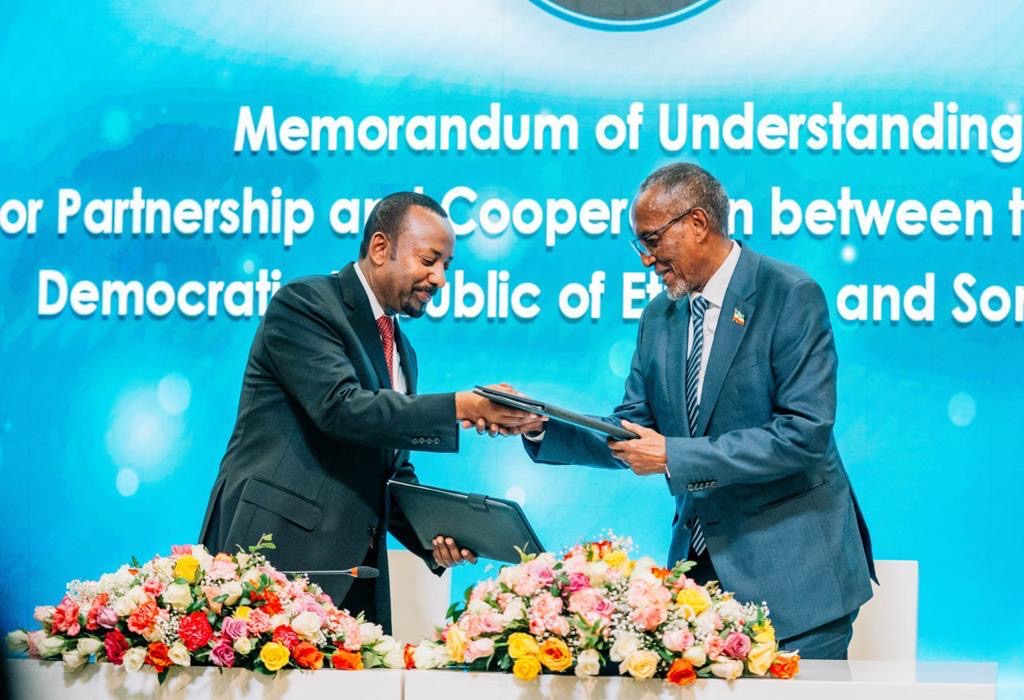 Ethiopia Prime Minister Abiy Ahmed Ali and Somaliland leader Muse Bihi Abdi in Addis Ababa.
Ethiopia Prime Minister Abiy Ahmed Ali and Somaliland leader Muse Bihi Abdi in Addis Ababa.
He disclosed that Ethiopia had requested access to the sea and the establishment of a naval base, outlining a groundbreaking pact that would see Ethiopia become the first nation to officially recognize Somaliland, which would also give them access to the strategic port of Berbera in return.
Describing the agreement as "null and void" and lacking legal basis, the Somali government has characterised Ethiopia's actions as a "blatant aggression" that infringes upon Somalia's sovereignty and territorial integrity.

Prime Minister Hamza has emphasised the significant threat posed by Ethiopia's actions to regional peace and stability.
He steadfastly asserted that Somalia would not cede even an inch of its territory, affirming the nation's unwavering determination to protect its sovereignty and territorial integrity.
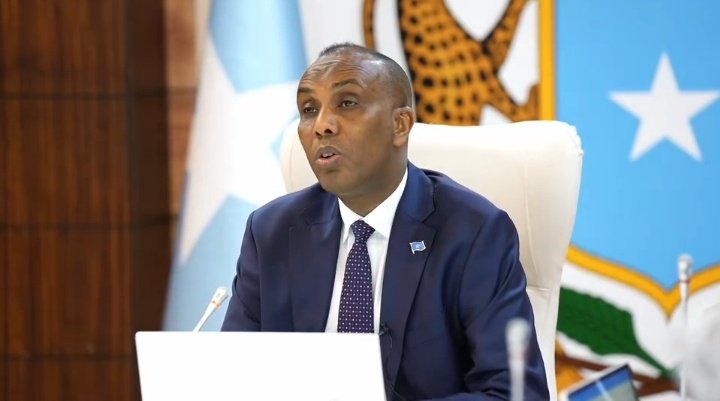 Somalia Prime Minister Hamza Abdi Barre.
Somalia Prime Minister Hamza Abdi Barre.
In response to this development, Somalia has recalled its ambassador from Addis Ababa for consultations and has made urgent appeals for intervention to the UN Security Council and the African Union.
Somalia has called upon these organizations, as well as the Arab League, Organisation of Islamic Cooperation (OIC), and other regional bodies, to mobilise support for the defence of its territorial integrity.
Furthermore, Somalia has urged the international community to exert pressure on Ethiopia to adhere to established norms and principles.
As a Government, we have condemned and rejected the illegal infringement of Ethiopia into our national sovereignty and territorial integrity yesterday. Not an inch of Somalia can or will be signed away by anybody. Somalia belongs to the Somali people. This is final. pic.twitter.com/XPVwHZ4pvv
— Hassan Sheikh Mohamud (@HassanSMohamud) January 2, 2024
Following Eritrea's declaration of independence in 1991, Ethiopia found itself landlocked, and heavily dependent on Djibouti as its vital port for imports and exports.
In an October 2023 parliamentary address, Prime Minister Abiy underscored Ethiopia's resolve to obtain a Red Sea port, be it through diplomatic means or force.
However, Abiy's call was unanimously rejected by the neighbouring countries, including Eritrea, Djibouti, and Somalia.
This recent Ethiopian initiative to fulfil its maritime aspirations raises apprehensions about regional stability and the trajectory of diplomatic ties in the future.
Reader comments
Follow Us and Stay Connected!
We'd love for you to join our community and stay updated with our latest stories and updates. Follow us on our social media channels and be part of the conversation!
Let's stay connected and keep the dialogue going!




